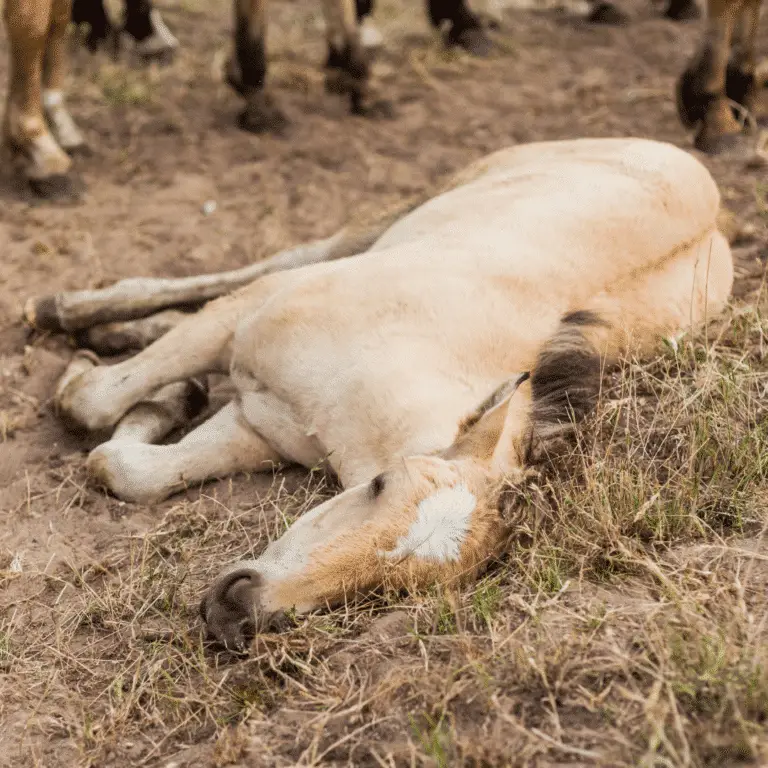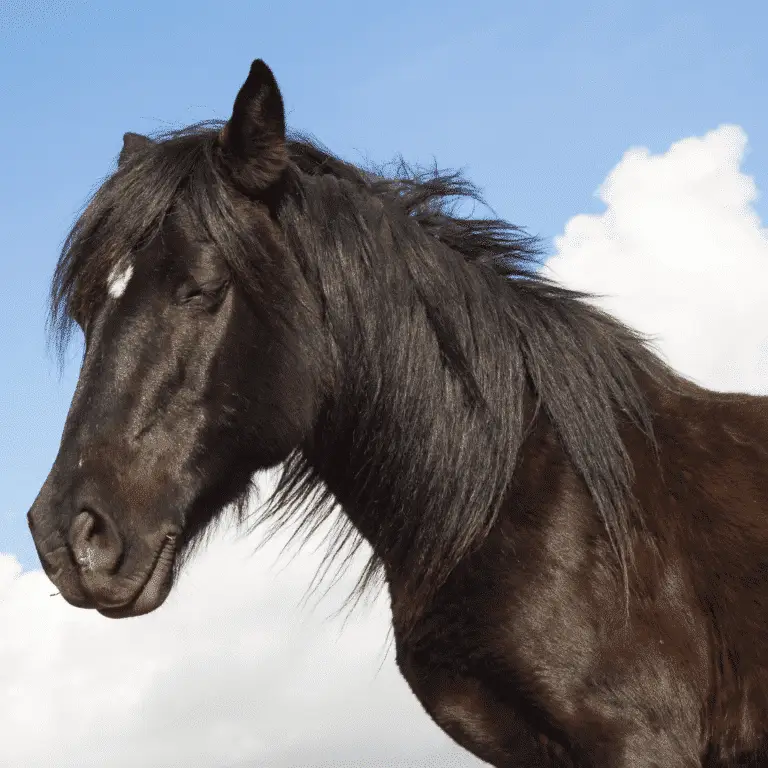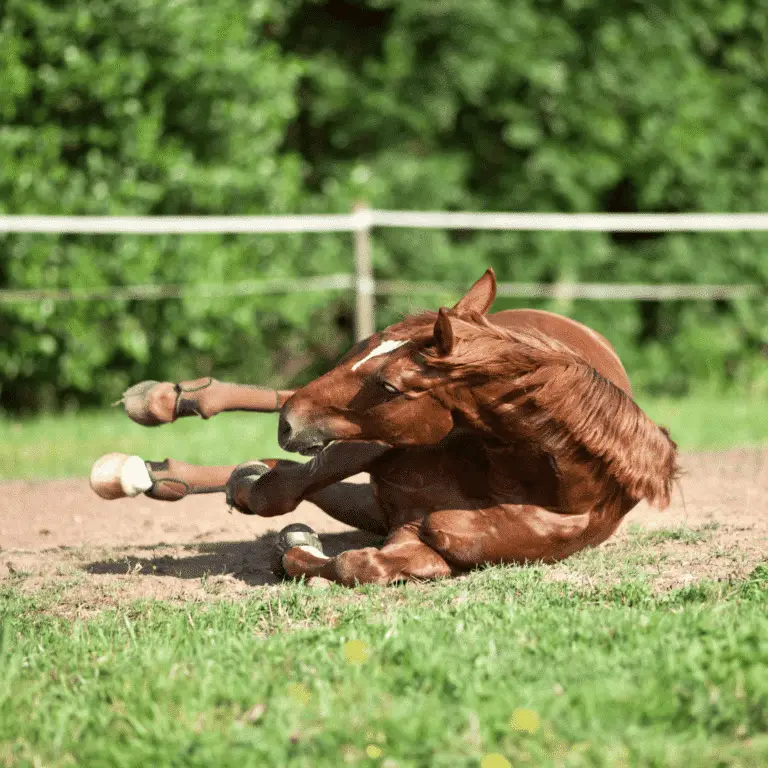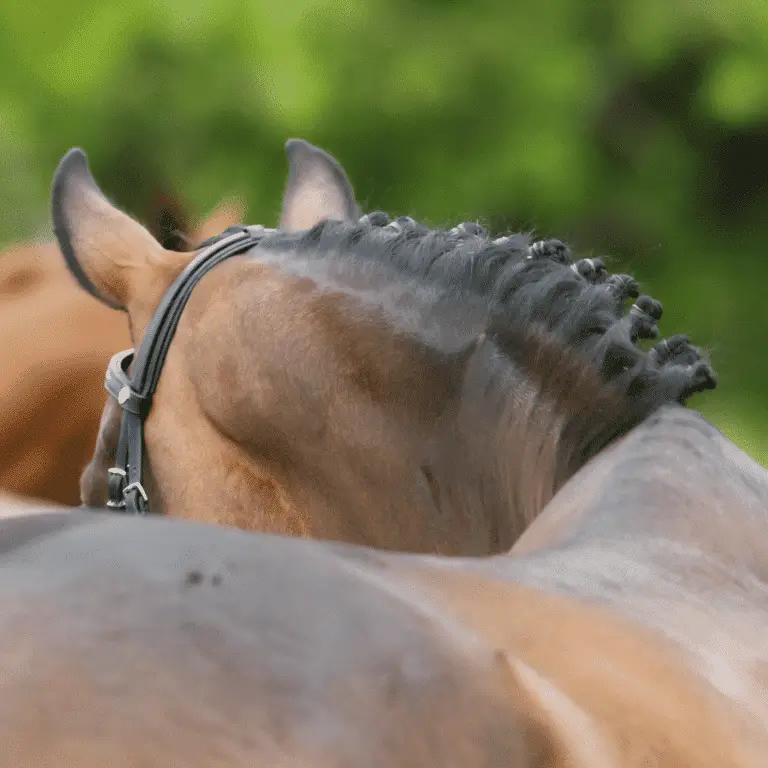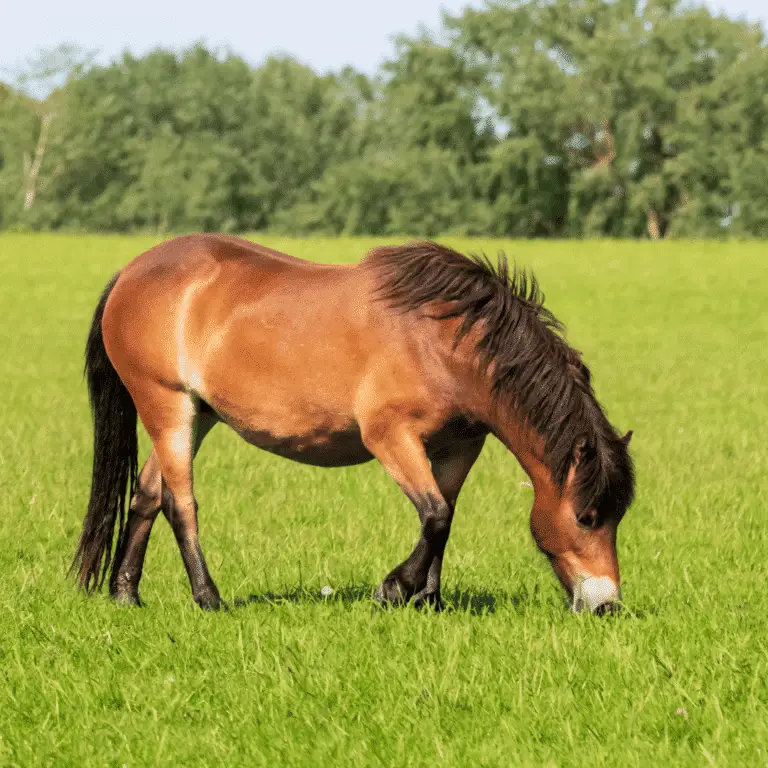Whether you’re a seasoned equestrian or new to horse care, understanding the symptoms, treatments, and management strategies for neurological conditions is crucial for your horse’s health and well-being.
Neurological issues in horses can manifest in various ways, including gait abnormalities, muscle weakness, and changes in behavior or coordination. Recognizing these symptoms early can make a significant difference in your horse’s prognosis and quality of life. Our articles cover a wide range of conditions, from common issues like Equine Protozoal Myeloencephalitis (EPM), Borna Disease and Cervical Vertebral Instability (Wobbler syndrome) to more complex diseases such as Equine Grass Sickness (Equine Dysautonomia) and Equine Degenerative Myeloencephalopathy (EDM).
Each article delves into the underlying causes of these conditions, evidence-based treatments including medication, physical therapy, and supportive care. Whether you’re looking for advice on managing your horse’s exercise regimen, signs to watch for during neurological exams, or seeking guidance on when to consult a veterinarian or neurologist, we’ve got you covered.
